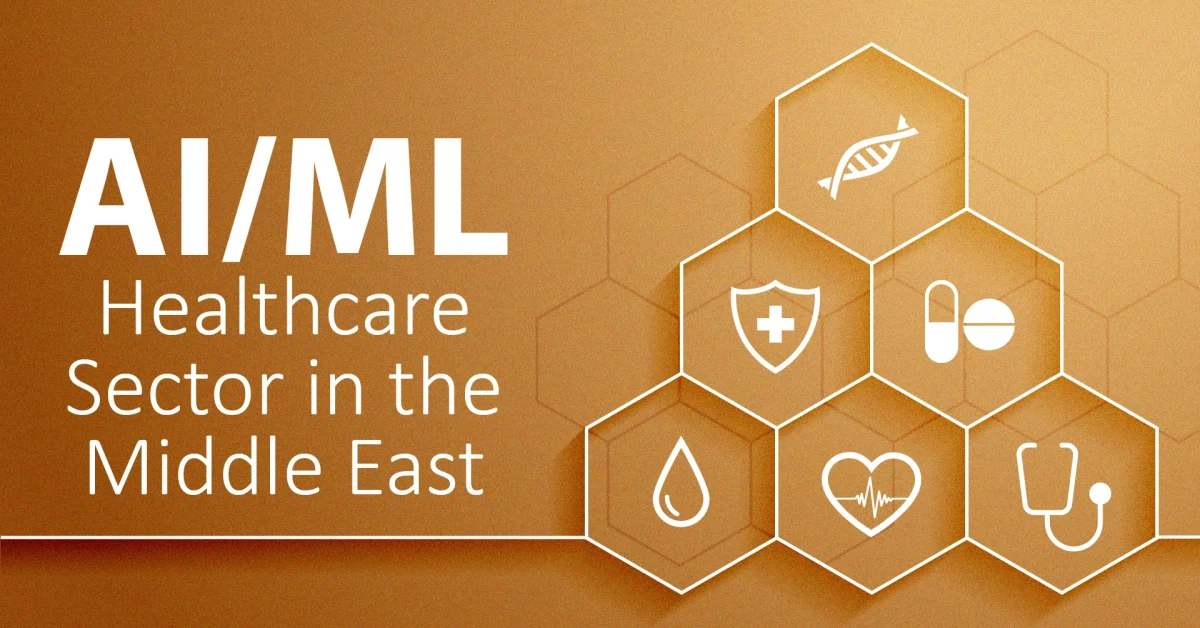Since medical records have been digitalized over the past few decades, massive amounts of data have already been generated, and new data is adding up rapidly. Some reports claim that the medical report and diagnosis data are doubling by size every two years globally.
We can definitely take benefits of this data not just to enhance the efficiency of hospitals but to augment patient diagnosis, disease detection, and treatment through AI/ML.
Artificial Intelligence can filter information from doctor prescriptions, noted symptoms, references from medical journals, treatment prescribed, and more from this gigantic data.
And the Machine Learning algorithms can identify the trends from this information to derive treatment responses and risk factors for particular diseases.
This way, AI/ML does not just ensure quick diagnosis and medical treatments but also helps them make it more accurate than ever before.
Various AI-powered pilot projects are running globally to explore the application of AI/ML in disease diagnosis through medical records. For example, Google Deepmind Health is one such project running in the UK.
Also, Abu Dhabi-based G42 Healthcare is a genome sequencing program to improve the early diagnosis of cancer and other chronic diseases through AI/ML.
Medtronic is another AI-powered project to identify high-risk cardiac patients by addressing gender and race differences.
IBM, in partnership with Hardin Memorial Health (HMH), has implemented Patient Synopsis to support radiologists and augment their treatment procedures through structured patient data.





